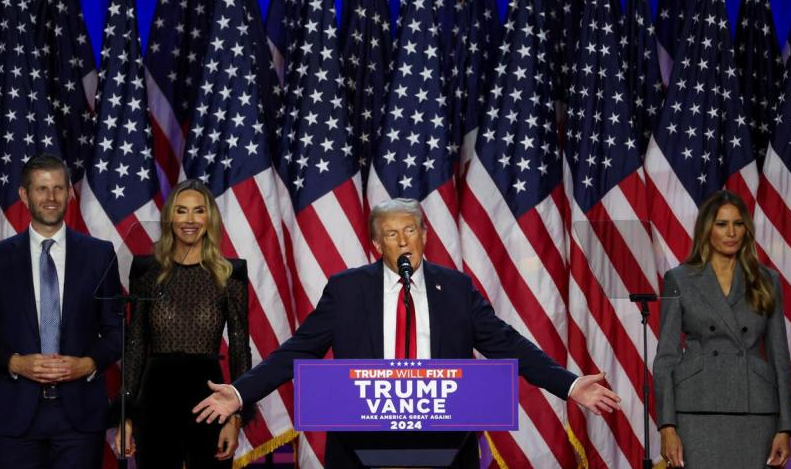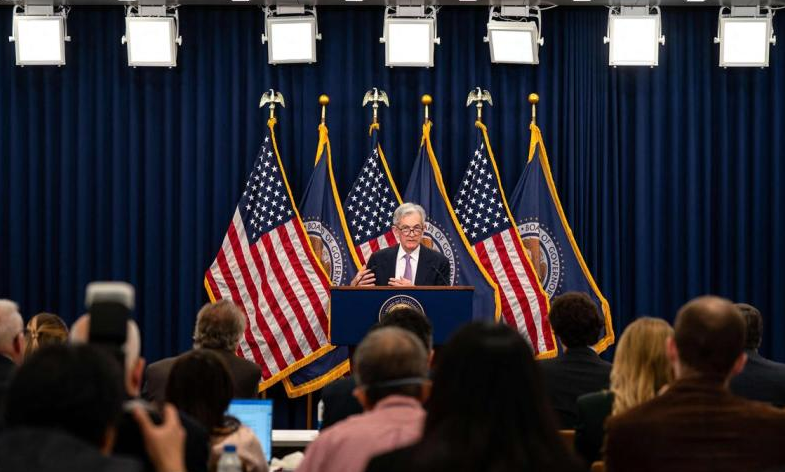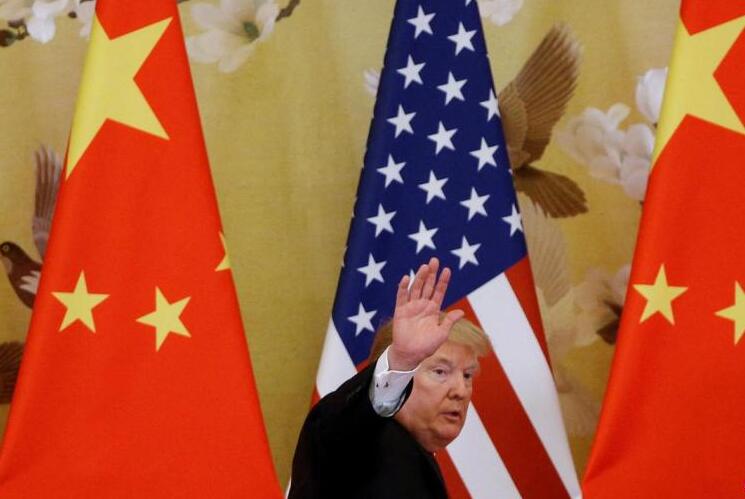
The 60th U.S. presidential election has finally come to an end, with former President Trump of the Republican Party making a dramatic comeback and once again taking office in the White House. He defeated the Democratic Party candidate, Harris, with an overwhelming majority of over 300 electoral votes.
This presidential election was filled with dramatic events. The Democratic Party made a last-minute change, replacing the incumbent President Biden with Vice President Harris. Although she had been leading in the polls, she suffered a crushing defeat on election day. The key reason for this might be that the Democratic Party’s senior members severely underestimated Trump’s comeback power.
The Democratic Party did not fail to anticipate Trump’s return. When he announced his candidacy for the current U.S. presidential election in 2022, the Democratic Party immediately launched a series of legal attacks against him. The first blow was accusing him of inciting the Capitol Hill riot on January 6, 2021. The second blow was accusing him of hiding sensitive national security documents at Mar-a-Lago after leaving office and obstructing government agencies from retrieving the files. The third blow came in the form of criminal charges related to “hush money,” with Trump facing 34 charges, all of which were upheld.
The Democratic Party’s senior members thought, “Have these three blows not knocked you down yet?” Therefore, they underestimated Trump’s strength in issues such as illegal immigration, inflation, abortion rights, the Russia-Ukraine war, the Iran nuclear issue, and other heavyweight figures like Musk, Bezos, Gabbard, and Robert F. Kennedy Jr., resulting in their defeat on November 5th.
Will Trump’s return to office lead to chaos in the world? Will people suffer?
People have given Trump the nickname of being “unpredictable.” But is he really “unpredictable”? Those who criticize him believe that there are plenty of unpredictable things about him. For example, he has threatened Taiwan, South Korea, Japan, and NATO to pay protection fees for security guarantees. When North Korean leader Kim Jong-un boasted, “I have a nuclear button on my desk,” Trump immediately responded, “I also have a nuclear button on my desk, and it’s bigger than yours!” When talking about the Russia-Ukraine war, he boasted, “If I become president again, I will stop the Russia-Ukraine war within 24 hours.” Regarding the Taiwan Strait crisis, he went even further, saying, “If China attacks Taiwan, I will bomb Beijing!”
In fact, if we dig deeper, these are not entirely elusive and unpredictable political strategies. In business terms, this is known as highballing, lowballing, or a combination of bluff and reality. As a superpower, the U.S. has the ability to highball, lowball, or bluff and reality. At the very least, such intimidating tactics can deter some ambitious individuals from acting recklessly or provocatively, without the need for military intervention, achieving a diplomatic victory without a fight. Kim Jong-un was intimidated by the statement “my button is bigger than yours” and came to shake hands with Trump, easing the nuclear crisis on the Korean Peninsula.
When it comes to trade wars, Trump also used a strategy of highballing and lowballing. Instead of criticizing Trump as being “unpredictable,” it might be better to sit down and carefully study the clues of unpredictability in order to find the best opportunities in this chaotic era with Trump at the helm.







